How To Help A Friend With Dual Diagnosis
Helping a friend recover from dual diagnosis requires patience, resiliency, and the ability to remain as objective as possible throughout their recovery process. There will be ups and downs and perhaps times when your friend lashes out at you when you’re trying to help.
Recovering from mental illness and addiction are two incredibly difficult processes. However, the upside is that once your friend finally beats addiction and learns ways to manage their mental health effectively, life begins to look a lot better, and your relationship will improve. Here is a breakdown of some ways you can help your friend get through the challenging days ahead.
Dual Diagnosis Treatment Centers
The term “dual diagnosis” is confusing: those with more than one mental health condition have “comorbid conditions,” meaning that they have two or more mental health diagnoses. While “dual” does mean “more than one,” in this context, it refers to a person who has a mental health diagnosis and suffers from addiction.
In many cases, addiction and mental illness overlap, but this specified term is its own isolated concept for a reason. Most of the time, it is too difficult to treat a person struggling with mental illness and addiction by focusing on one issue at a time. The need for simultaneous help is where dual diagnosis treatment centers come in, like The Edge Treatment center, as they provide the kinds of treatment capable of assisting in the recovery of both addiction and mental illness.
Be Mentally Prepared
Expect the unexpected. Your friend may need to try new medications, go through withdrawal, or adjust to a new environment. No one wants to go through recovery; they just want to get to the other side. Major life adjustments are never easy, and change is always scary. Do you best to mentally prepare yourself for some unpleasant encounters with your friend; they are going through a lot and need to lean on your resiliency until they’ve reclaimed their own.
Give Breathing Room
If your friend has downtime, a great way to be supportive is to not talk about treatment. It is exhausting being a part of a treatment program, and there is a good chance your friend will enjoy the respites they have with you. Consider ways you can lighten the load and entertain your friend in supportive ways. Be open to the idea of abstaining from alcohol consumption when you’re with your friend.
If your friend says they need to avoid triggering environments, be accommodating. Your friend is communicating that they are not strong enough to prevent relapse at this time. Be kind and respectful of this request. It’s all for the best.
Being a good friend during a friend’s recovery means picking your battles, giving space, and providing an oasis of joy and support when they are outside of treatment. Be the shoulder to cry on and embrace the cold shoulder that you get in return. It’s only for a little while, and your friend will thank you for all of your support later on.


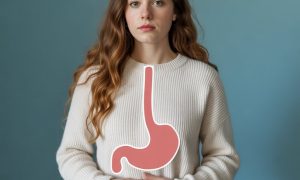


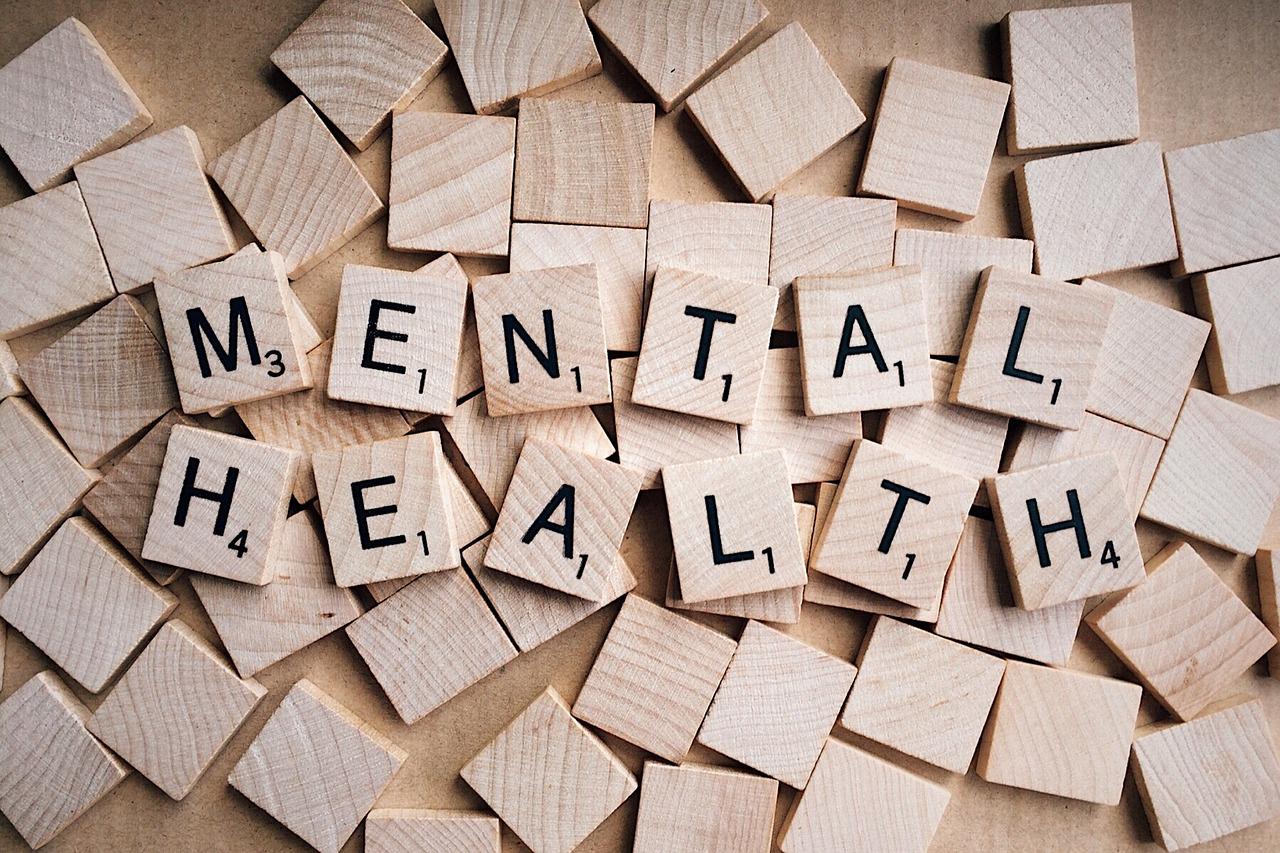



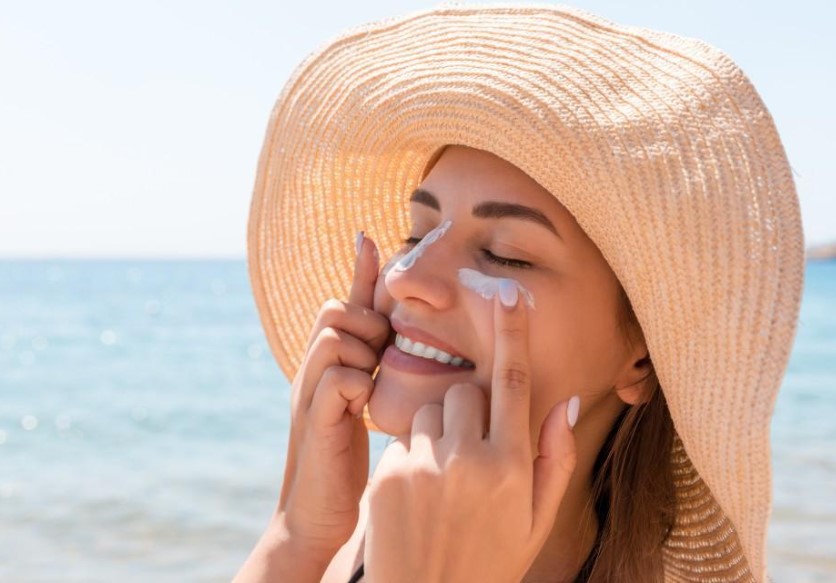
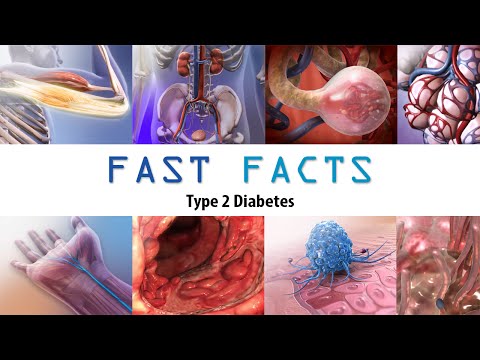
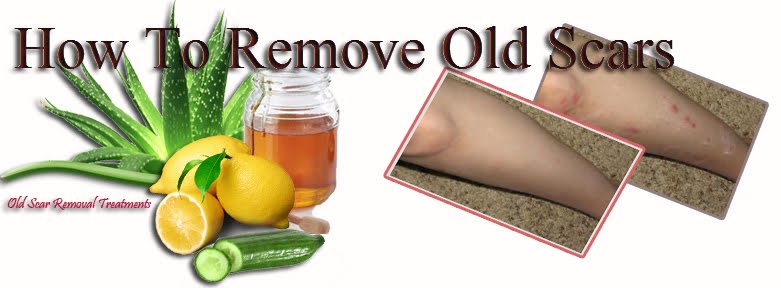
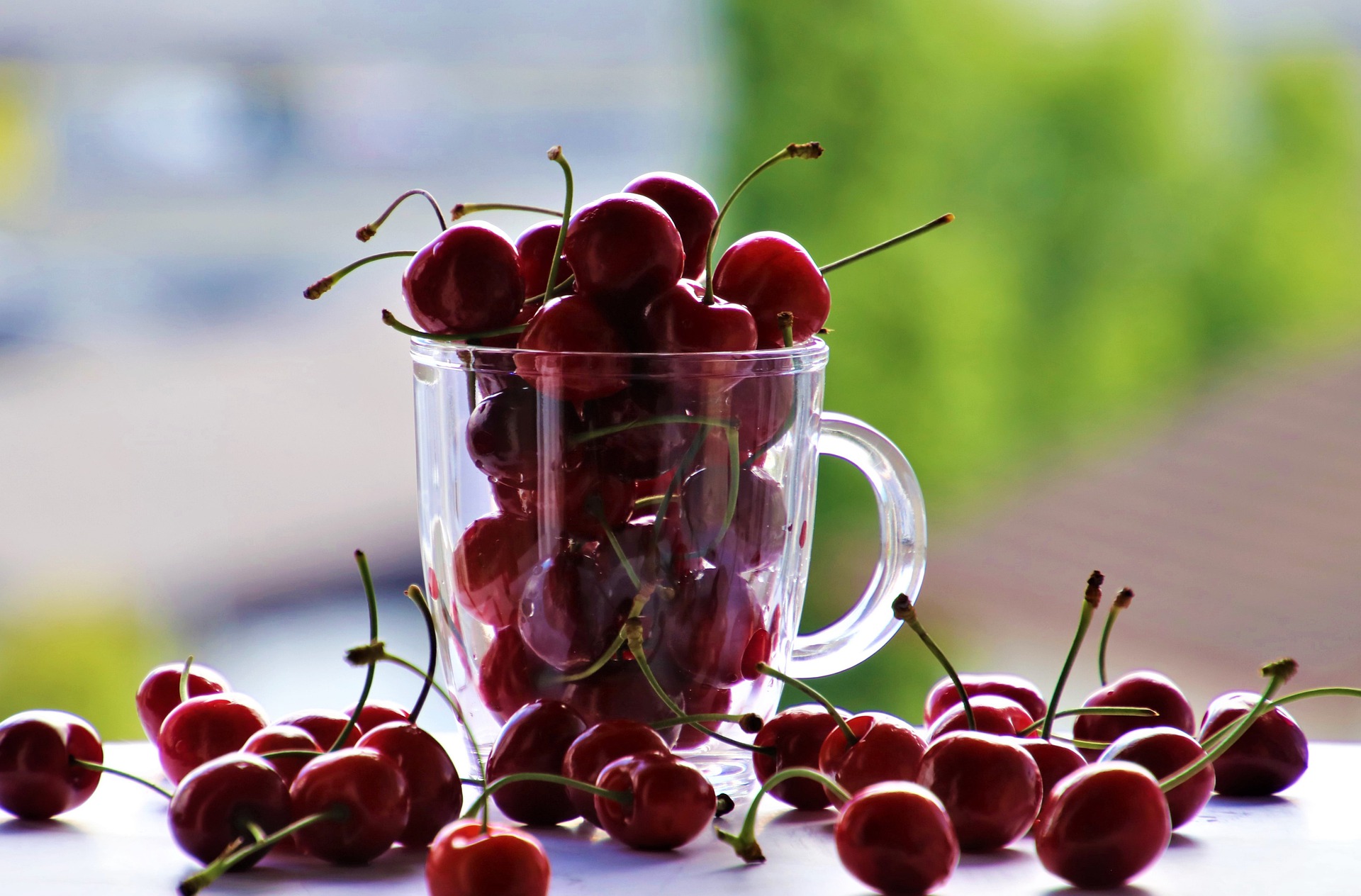
Pingback: Healthy Eyes At Any Age - Billboard Health